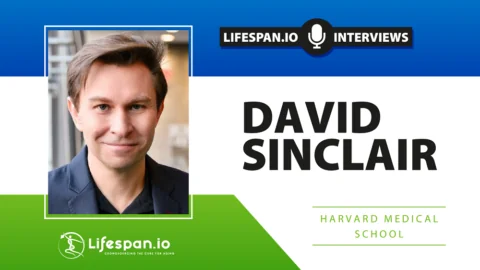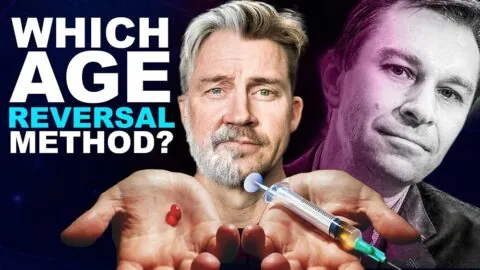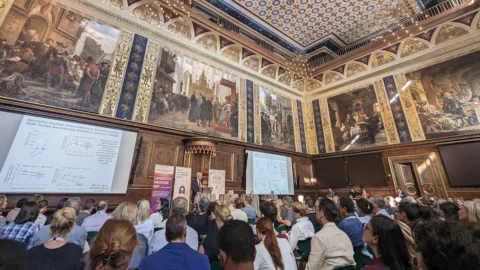March 22, 2024
In this new interview, David Sinclair, Harvard professor and the author of “Lifespan”, explains his theory of aging, shares parts of his health routine, and reveals which directions in today’s aging research excite him. A professor and a public figure In the longevity field, when it comes to name recognition, there’s David Sinclair and all...
January 09, 2024
A new review authored by three acclaimed geroscientists paints a promising picture of past and ongoing human clinical trials of prospective anti-aging drugs [1]. From worms and mice to humans The biology of aging is an exciting new field, but most of its successes have been in animal models, from the early breakthroughs in yeast...
December 19, 2023
In a new paper, Sinclair and his co-authors outline a theory arguing that epigenetic changes are the underlying cause of aging [1]. When cells get old It is not every day that one of the most prominent geroscientists presents a new theory of aging. David Sinclair of Harvard, along with two co-authors, Yuancheng Ryan Lu...
December 12, 2023
In a new study, scientists have achieved significant improvement of glaucoma in a mouse model via partial cellular reprogramming of retinal cells. However, it might take more than that to reverse other aspects of age-related vision loss [1]. The vision of restored vision The group that authored this paper, led by the prominent geroscientist Dr....
October 31, 2023
At Abundance 360, David Sinclair made quite a number of encouraging comments about the future of aging research, including methods of resetting epigenetics to a youthful state. Emmett Short discusses these comments on this episode of Lifespan News. Script Welcome to Lifespan News. My last video on David Sinclair's new research into an age-reversal pill...
September 26, 2023
Once a year, Copenhagen becomes a Mecca for the longevity community. Hundreds of people flock to the picturesque Danish capital to attend the Aging Research and Drug Discovery Meeting (ARDD) for five full days of talks by geroscientists and biotech leaders, mingling and networking with like-minded longevity enthusiasts, and not-so-healthy late night-outs. ARDD is organized...






